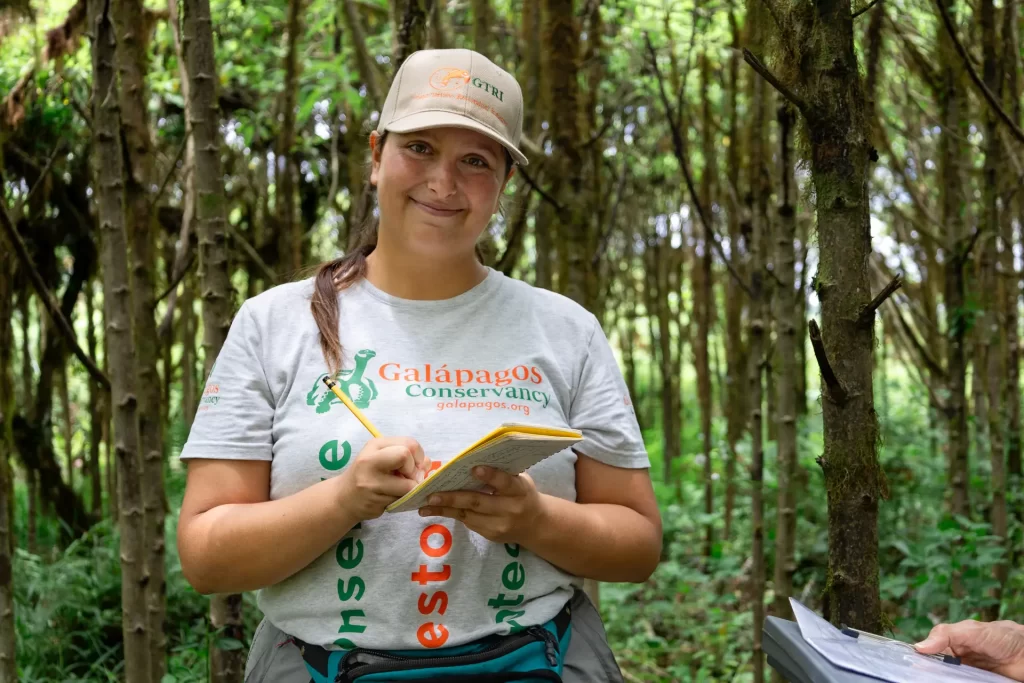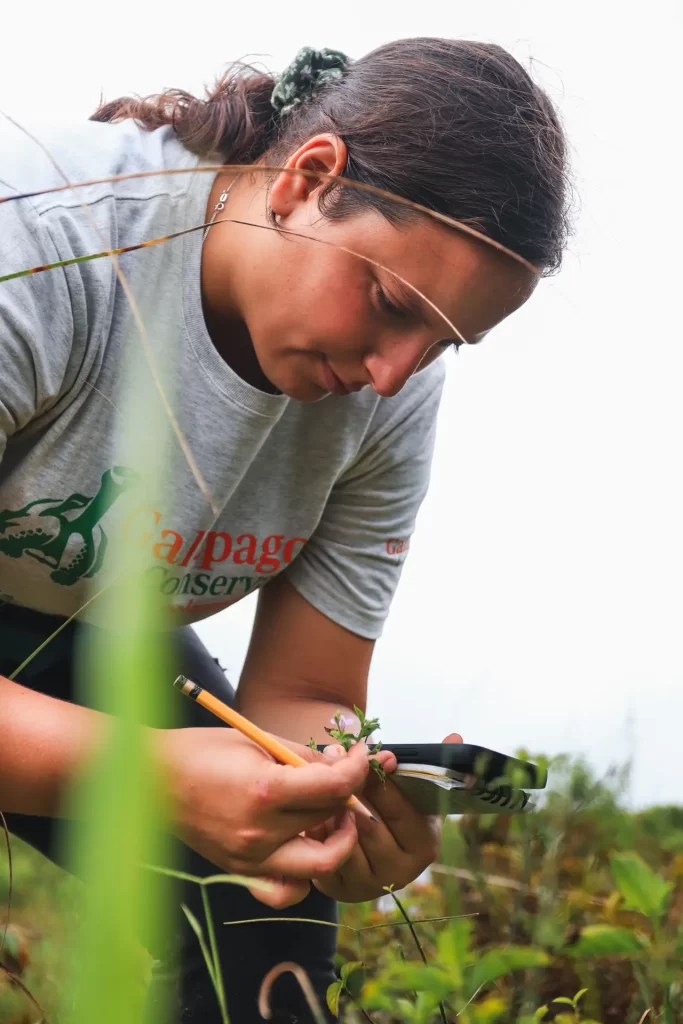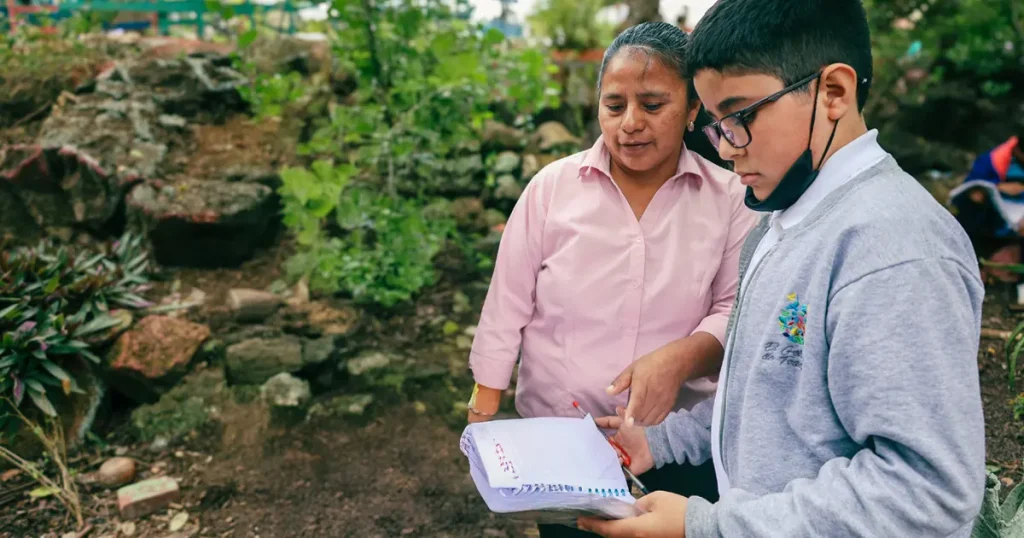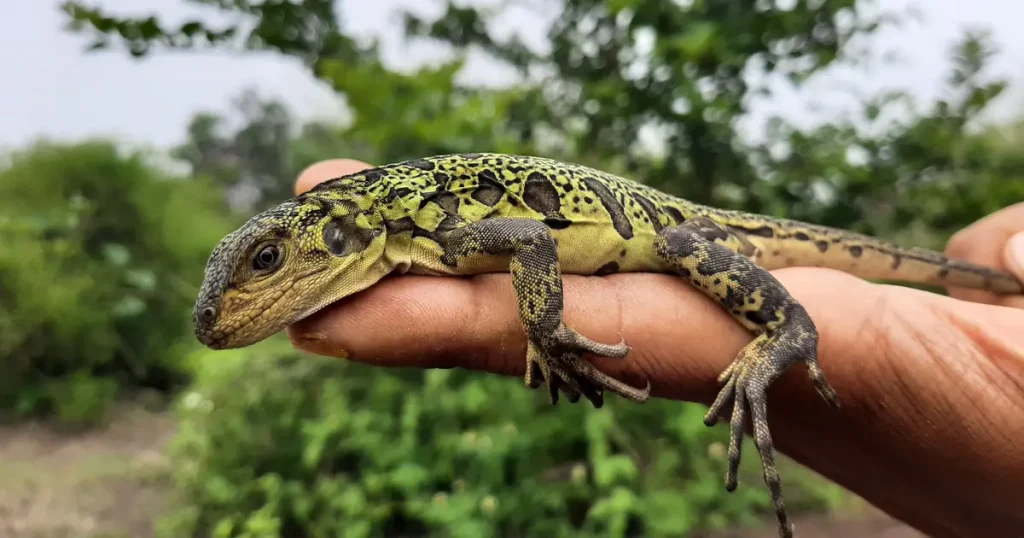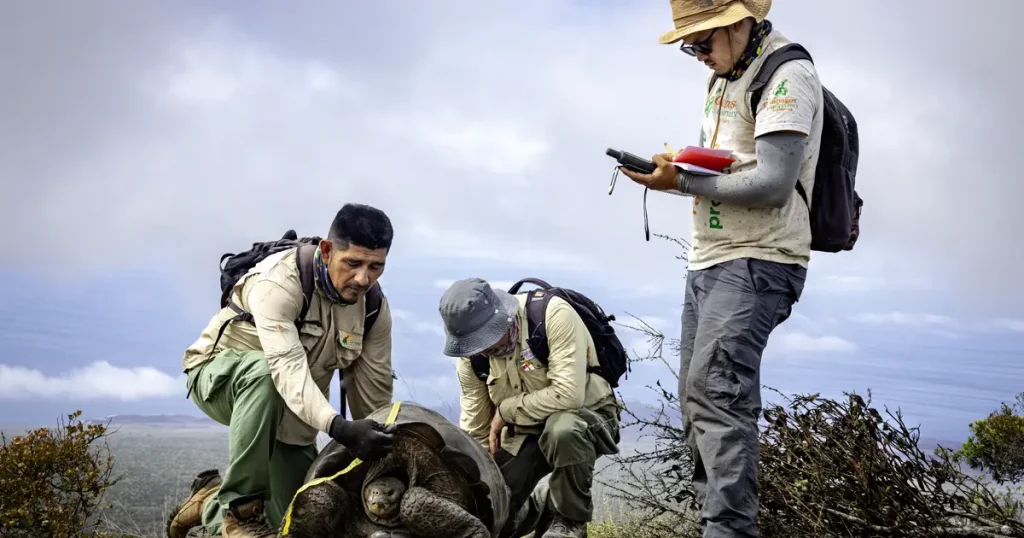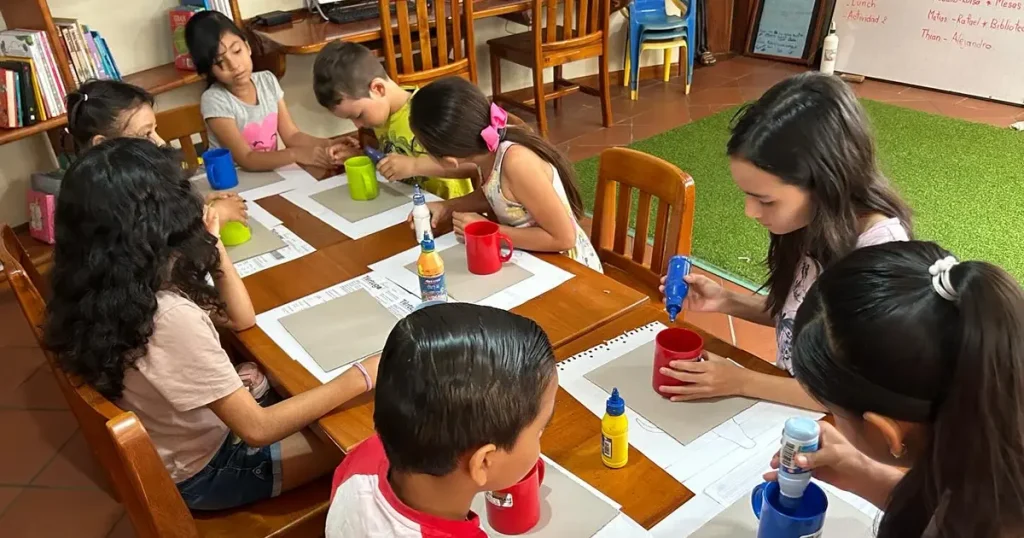Empowering Women in Science Across Galápagos
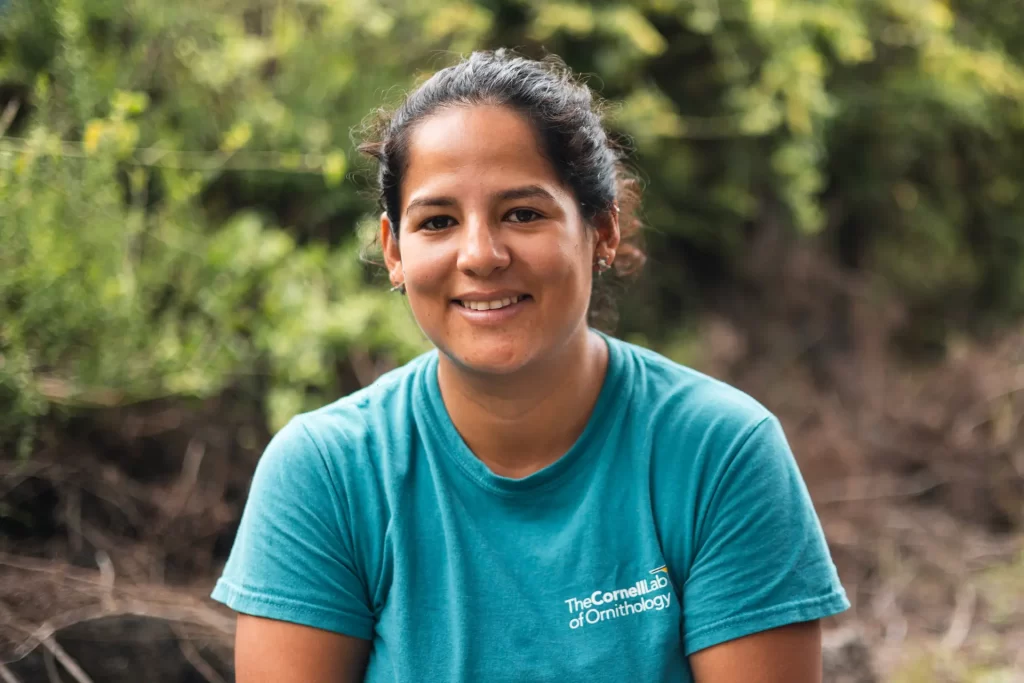
On February 11th, we celebrate the International Day of Women and Girls in Science, honoring women’s contributions to science and technology, while also advocating for their increased participation in fields where they have been historically underrepresented. In Galápagos, this day holds special significance as we highlight women’s crucial role in conservation and scientific research in this archipelago.
Diana Loyola, a dedicated biologist and researcher, has made significant contributions to understanding and managing avian pox in Galápagos. Diana’s work with Darwin’s Finches on Santa Cruz Island, funded by a conservation grant from Galápagos Conservancy, sheds light on the impact of this viral disease on local birds, playing a crucial role in conserving the archipelago’s unique biodiversity.
Similarly, Doménica Pineda, a bachelor in biodiversity and genetic resources on the Galápagos Conservancy team, exemplifies her commitment to the island’s conservation through her work. Doménica’s efforts, which emphasize sustainable development and ecological restoration, demonstrate her dedication to conservation and her desire to inspire others in the fields. “My professional goal is to promote sustainable development in Galápagos and raise greater environmental awareness in society. I am particularly passionate about leading ecological restoration projects in ecosystems that direct and indirect human actions have degraded,” emphasized Doménica.
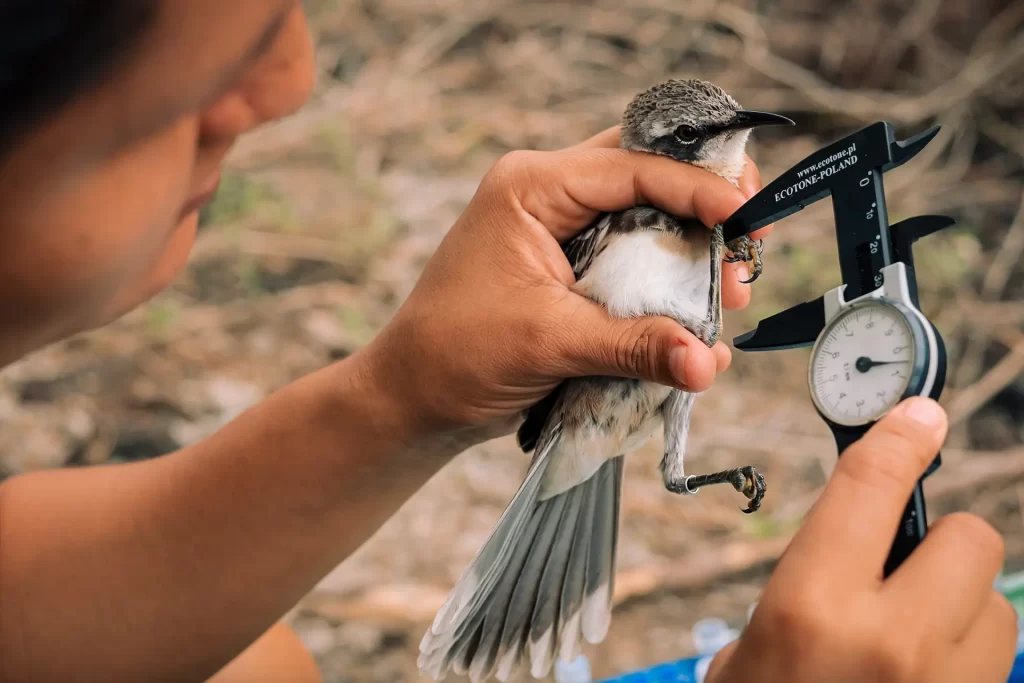
These inspiring stories of Diana and Doménica, among others, highlight the important role that women play in science and conservation. Their work in Galápagos serves as a beacon for promoting a sustainable, equitable future in which gender equality and diversity are integrated into scientific and environmental efforts. As we celebrate International Day of Women and Girls in Science, we honor the women who are shaping science and conservation in Galápagoss and beyond, paving the way for future generations in these important fields.
